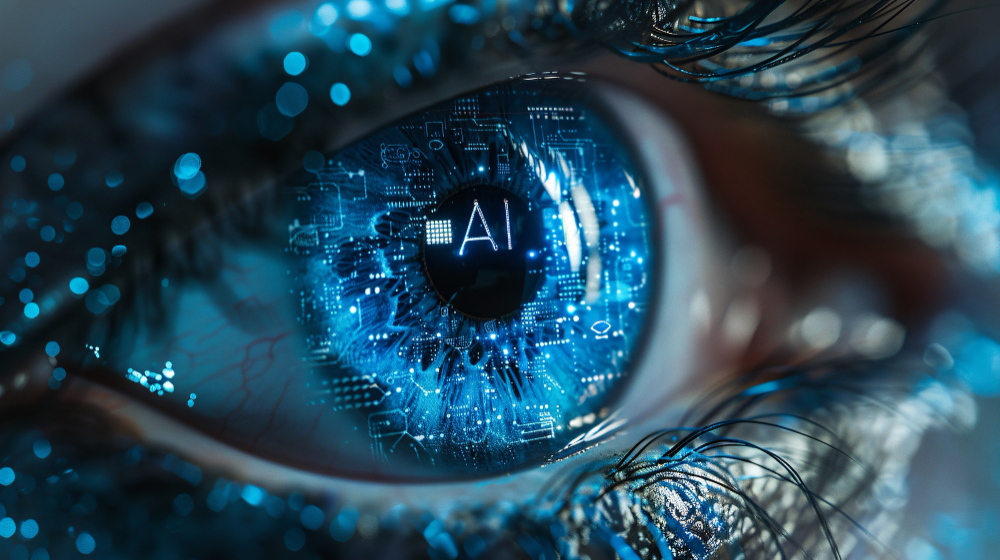

AI’s Future: Prospects and Difficulties for Business and Government
INTI: Artificial Intelligence (AI) has advanced quickly in recent years, changing a number of industries as well as our way of life and employment. AI offers both industry and government sectors complicated obstacles as well as intriguing potential as it develops. The future Difficulties for Business of artificial intelligence is examined in this essay, along with the important issues that still need to be resolved and the opportunities that may arise. We can effectively negotiate the ramifications of AI and harness its potential for societal improvement if we have a clear picture of its future terrain.

Possibilities for AI in the Future:
AI promises to be a huge opportunity in a number of industries. AI has the potential to improve healthcare through enabling more precise diagnosis, individualized treatment plans, and drug discovery. Automation driven by AI has the potential to increase productivity, optimize processes, and improve product quality in the industrial sector. With self-driving cars, artificial intelligence (AI) has the ability to completely transform transportation by lowering accident and traffic rates. Artificial intelligence (AI) systems in the financial industry can enhance client experiences, identify fraud, and optimize investment plans. Chatbots and virtual assistants driven by AI can also improve customer service across a range of businesses Difficulties for Business. These chances demonstrate how AI has the power to spur creativity, increase productivity, and elevate the human experience in general.
Table of Contents
Toggle
Difficulties for AI in the Future:
AI has a bright future, but it also presents a number of Difficulties for Business that need to be properly considered. Because AI raises concerns about data privacy, algorithmic biases, and the influence on jobs and employment, ethical considerations are crucial. It is essential to create strong foundations for responsible AI that put accountability, justice, and transparency first. The requirement for qualified experts with the ability to create, implement, and oversee AI systems is another major obstacle. To address the increasing need for AI skills, upskilling and AI education investments are essential. It will also be crucial to guarantee AI system security in order to thwart hostile assaults and protect vital infrastructure.

Collaboration between Industry and Government:
Government agencies and business must work closely together in the future of artificial intelligence. Industry leaders and legislators should collaborate closely to create standards, frameworks for regulations, and codes of ethics that control the creation and application of AI. This kind of cooperation will guarantee that AI technology uphold society norms, defend individual liberties, and advance justice. Governments may encourage the development of AI by supporting AI programs, encouraging innovation ecosystems, and investing in research and development. Additionally, in order to fully utilize AI for the good of society, public-private partnerships can promote its adoption in industries like cybersecurity, healthcare, and transportation.


Artificial Intelligence holds immense promise as well as complex obstacles. AI will change economies, society, and businesses in previously unimaginable ways as it develops. Taking proactive steps to resolve ethical issues, close skill gaps, and promote cooperation between business and government is necessary to fully realize the potential of artificial intelligence. Through the strategic utilization of AI’s potential and the prudent resolution of its attendant obstacles, we shall construct an AI-driven future that is just, fair, and advantageous to all. The proper development and application of AI can enable us to leverage its transformational potential and create a better future. ***.Hans


